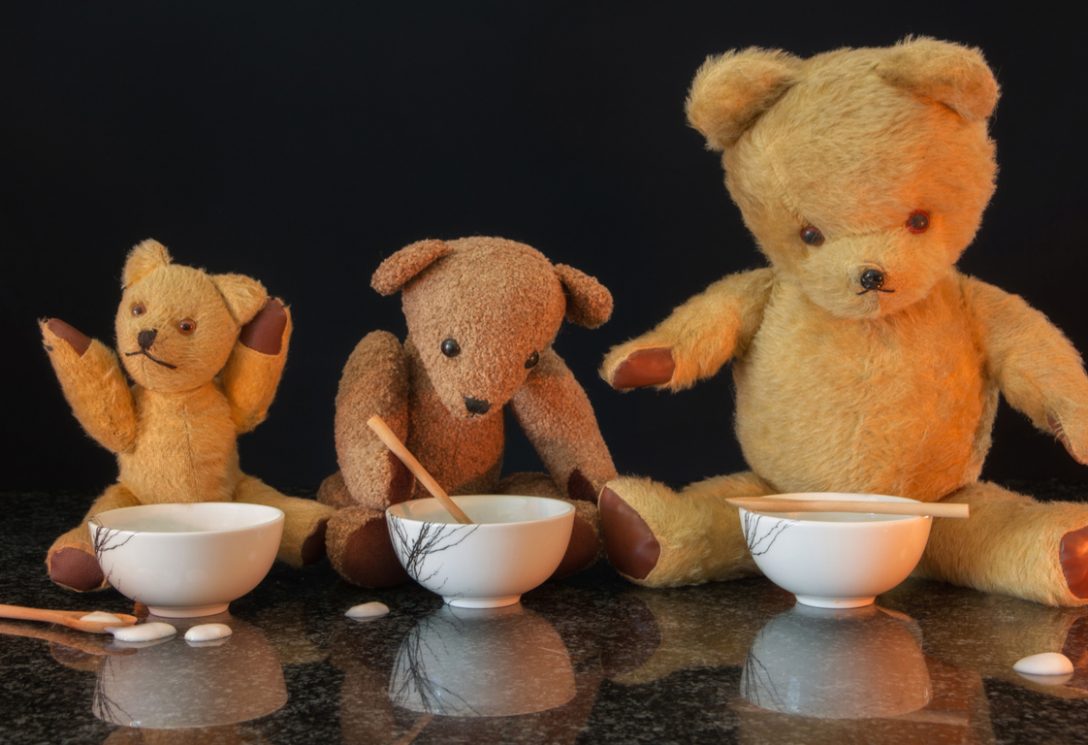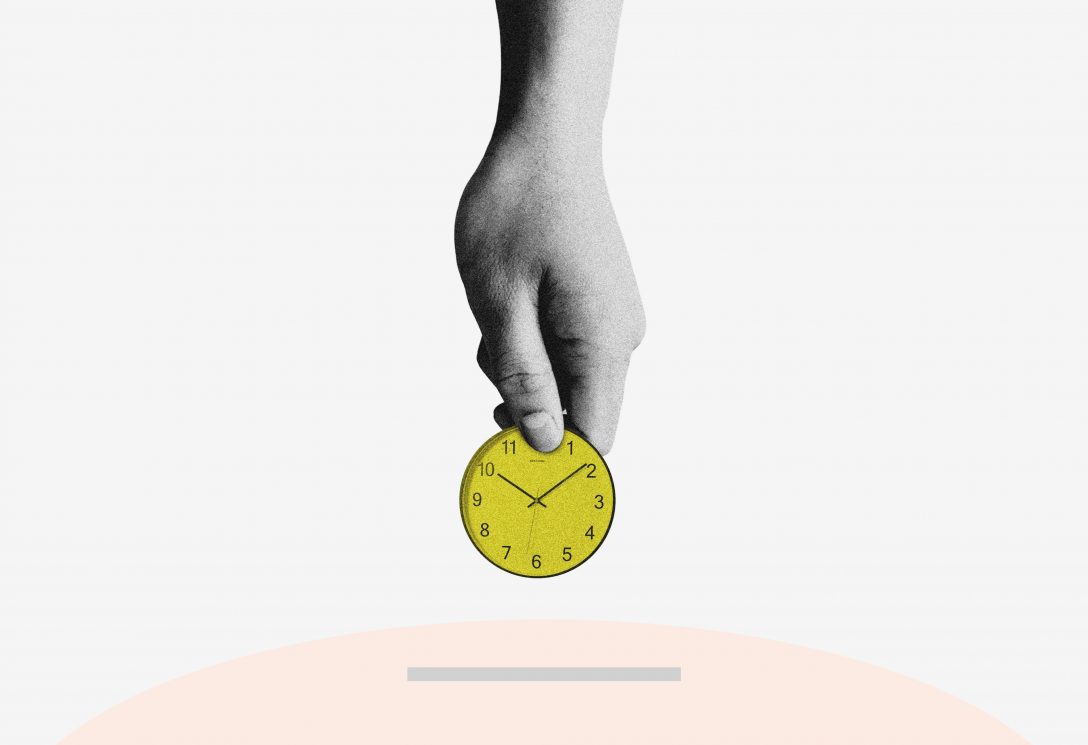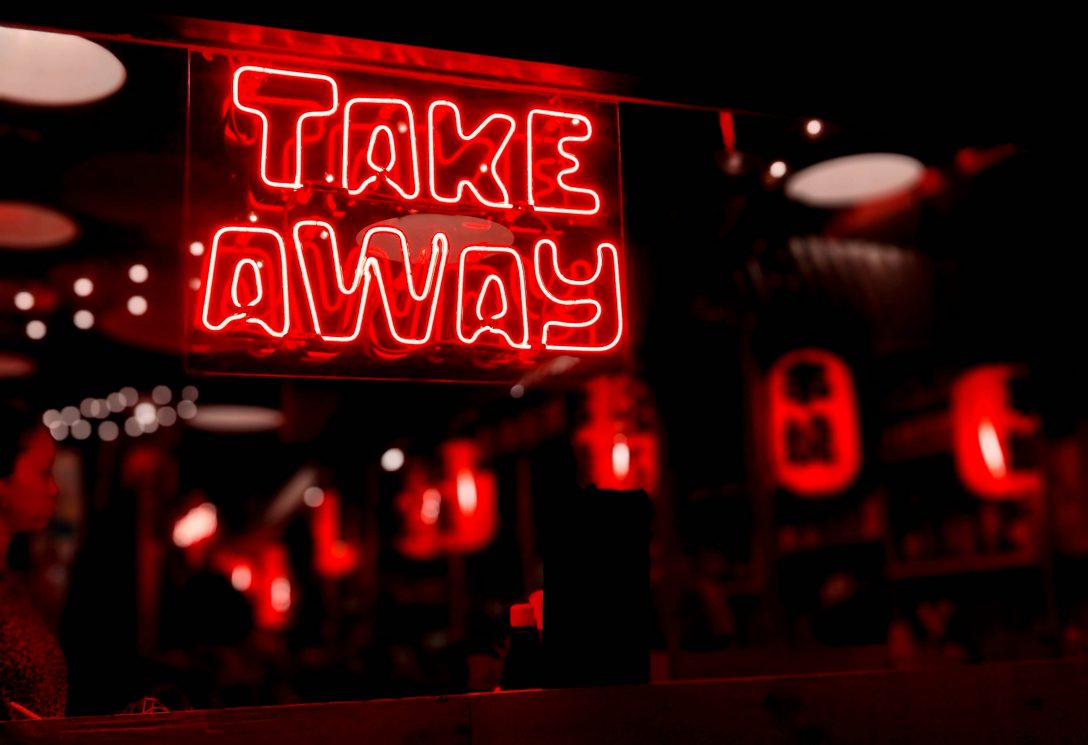Improving your change ability

The companies we work for are facing unprecedented challenges in dealing with technology, competition, and market opportunities. Work today is increasingly requiring us to learn new things about areas that we know nothing about. We work hard at working hard. But ironically, the more we focus on delivery, our routines, and current ways of operating, without prioritising time for development; the less capable we become.
Our companies might like us to change and talk about the need for ‘change programmes.’ But after the age of twenty-five, our brains don’t change unless the change is self-directed change by us. We must ask a difficult question to ourselves. How am I adapting myself to stay at or even ahead of the pace of change?
And why deep down don’t most people like change? Why do we remain committed to behaviours and beliefs that work against our desire for change?
Adaptability matters
According to the World Economic Forum’s 2023 Future of Jobs report, ‘Resilience, flexibility and agility’ is the 3rd most important skill that companies are seeking to build in their workforce. Resilience is a critical attribute that teams need during change but that’s not the focus of this post. The attribute I want to discuss is ‘adaptability’ – our ability to recognise and respond to changing circumstances. And for humans, adaptability depends upon our mindset.
Our mindset – the stories we tell ourselves
Our mindset is the lens through which we see the world and impacts what we choose to pursue in our lives. It influences whether we feel we can change our situation or whether feel victim to it. Is this new change at work making my job worse or better, is the meaning I am giving to this event a negative or a redeeming narrative?
Our experiences, strengths, and biases act as our unique filter on how we perceive opportunity and change. This is our world view, and our brains often prefer to defend it rather than be challenged by it. This worldview has less to do with what we’ve experienced and everything to do with the stories we have created that make us feel better about these experiences. We hold on to and defend our beliefs because they represent who we feel we are. But they create blind spots.
Change ability is difficult unless we are prepared to update our beliefs. We must force ourselves to embrace discomfort and change our perspective unless we want to remain stuck where we are.
As Rosamund and Benjamin Zander said in ‘The Art of Possibility’ “many of the circumstances that seem to block us in our daily lives may only appear to do so based on a framework of assumptions we carry with us”.
In the classic story arc, the hero is presented with a dramatic question for one final time, where they have to decide once and for all whether or not to accept the call, to become someone new. Do we want to become someone better? Whilst our heads may say yes, our emotions may be saying something very different.
Our own emotions play a key role in our change ability
The word ‘emotion’ is based on the Latin movēre – to move. We’re motivated by either ‘towards’ motivation (towards what we want) or ‘away from’ motivation (away from what we don’t want). If you are particularly ‘towards’ motivated, you’ll find organizational change difficult when the destination or goal is unclear.
An emotion that subconsciously undermines our changeability is fear. Fear determines what you think is or isn’t possible, it holds you back and tells you why you shouldn’t do something important. When debates become passionately heated, when people raise their voices, anger surfaces as a secondary emotion. But external expression of anger is a secondary emotion. Its often triggered by internal emotions such as anxiety, worry and fear.
Every adventurer feels afraid, we just assume they are braver than we are. In science, doubt and uncertainty are essential for progress but we don’t see it like that when it comes to ourselves. Are we really brave enough to change our own story?
In ancient Greek, the opposite of andreia, the word for courage, wasn’t fear. It is melancholia – disillusionment, being apathetic. It’s throwing up your hands and asking, “Why bother?”
Why do we find it so difficult to close the gap between what we want to do in the future and what we do today? Fear and Apathy are the two emotions that you need to be vigilant for when it comes to changing yourself.
Building our change ability is the hard work of working on ourselves
There is also another critical factor too. How you see yourself.
It’s difficult to reinvent yourself if the expectations of a new company restructure compete with how you think about yourself currently. Changing beliefs challenges us because it involves changing ourselves. Focusing on the outcome you want without addressing who you want to become will limit your change ability.
Change ability requires identity change and true identity change emerges out of new experiences where you act differently.
Surround yourself with the right people
Change ability is helped when we reframe those unhelpful stories that make us feel better. We become more open to change when we are asked to reflect on our own reasonings for our perspectives, instead of having rational counter-arguments forced upon us. It is the ‘Gentle Art of Re-perceiving’ that encourages us to update our worldview. The grip of these stories and assumptions can be loosed by a someone you respect and who can challenge you.
Build a team of people who can support you to where you want to go and will encourage you to grow through discomfort. Listen less to people who say that change isn’t possible.
In summary
Change ability is not a simple curve to map. Things sometimes get worse before they get better, and our survival instincts mean that we are more likely to remember what went badly rather than what went well. So, when powerful emotions kick in, being able to change starts with recognising that fear shows us what we are afraid of and maybe that is where we need to head towards.
Changing how you see yourself is also important. If we can figure out how to tell ourselves a different story, then we might be able to make a different level of contribution.
A question to think about
What’s the story that you are telling yourself about the change ahead of you and how is that story helping you to change yourself?
Flow is a ways of working company. We help you to create the conditions where your people can flourish, where decisions, meetings and ideas can flow. If you’d like to discuss how we can help you to improve your capability, get in touch at hi@thisisflow.co






